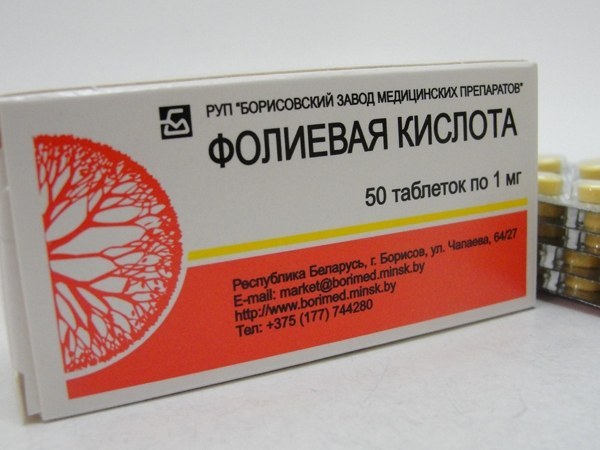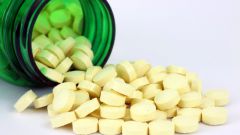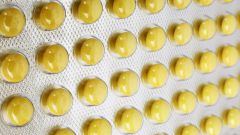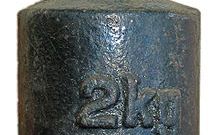Characteristics of folic acid
Acid is a required component for the regulation of fat and carbohydrate metabolism, and hematopoiesis of the body. Vitamin support livelihoods and synthesizes new cells. For children folic acid is necessary in order to avoid anemia — deficiency of red blood cells. If in the body there is a lack of vitamin B9, begins to suffer the bone marrow is responsible for cell division.
During the first weeks of fetal development with a shortage of folic acid in the baby's body can occur pathological processes in the Central nervous system, such as underdevelopment of the brain, brain herniation, etc. Folic acid is required for development of the placenta which provides the fetus with oxygen and nutrients. After birth there is an intensive growth of the organism. In the first year of life the baby is gaining weight three times more than at birth. Grow all its organs and systems. For this active growth requires a considerable amount of folic acid.
The use of folic acid
For children the recommended intake of folic acid in nutritional megaloblastic and macrocytic anemias. The drug is indicated in the treatment of sprue syndrome when disturbed function of absorption of food in the intestine. The indication for folic acid supplementation to children also serves the reduction of leukocytes in the blood after ionizing irradiation, radiotherapy and medication.
The dosage of the vitamin is determined by the attending physician depending on the age of the child and severity of the disease. The recommended daily dose of folic acid to babies under 6 months is 25 mcg, 6 months to 1 year — 35 mcg 1 — 3 years — 50 micrograms, from 3 to 6 years — 75 mcg, 6 to 1 - years — 100 µg, 10 — 14 years — 150 mcg and from 14 years — 200 mcg.
It should be remembered that some portion of folic acid the child's body gets with food. The vitamin is found in human breast milk, cereals, nuts, bananas, apricots, green vegetables, buckwheat and oat cereals, and also meat, dairy products, salmon and tuna. Thermal treatment of the food destroys the folic acid.
If the child has a normal balanced diet and the intestinal flora is in order, the body itself produces acid, and it accumulates in the liver. In other cases it is necessary to take folic acid separately or as part of vitamin-mineral complexes.










